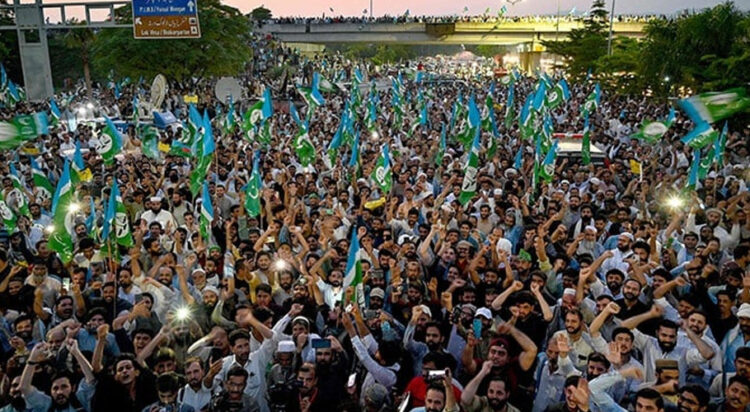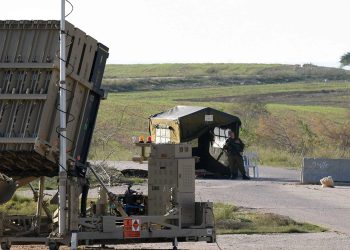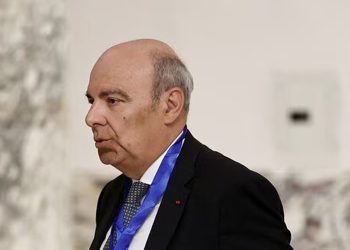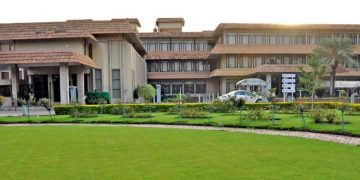The first round of negotiations between the government and Jamaat-e-Islami concluded on Sunday with a significant development: the government agreed to release 35 arrested workers. These workers had been detained under Section 144 during the ongoing sit-in in Rawalpindi.
Following the negotiations at the commissioner’s office, Attaullah Tarar, head of the government’s negotiation team, described the talks as cordial and constructive. He confirmed the immediate release of the 35 individuals listed by Jamaat-e-Islami, emphasizing the government’s commitment to addressing the party’s demands.
“We are ready to take every step necessary for the country’s prosperity,” Tarar stated. He assured that the government is seriously considering the demands of Jamaat-e-Islami, as improving the nation’s stability and offering relief to the public are top priorities. Tarar highlighted the government’s efforts to stabilize the economy, mentioning initiatives to attract foreign investment and stabilize the rupee.
To address Jamaat-e-Islami’s demands, Tarar announced the formation of a technical committee. This committee will include the Minister of Water and Power, the Secretary of Energy, representatives from the Federal Board of Revenue (FBR), and officials from the Ministry of Finance.
Echoing Tarar’s sentiments, Engineer Amir Muqam expressed alignment with Jamaat-e-Islami’s goals of reducing petrol prices, increasing salaries, and eliminating excessive taxes. “We all share the same agenda for economic improvement,” Muqam said.
Liaquat Baloch, head of Jamaat-e-Islami’s negotiation committee, expressed satisfaction with the first round of talks, noting that the sit-in’s agenda was clearly communicated to the government. He reiterated that the protest is driven by the pressing issues faced by the populace, such as unaffordable electricity bills and high petrol prices, rather than party interests.
Baloch criticized the impact of Independent Power Producers (IPPs) on the economy, presenting a comprehensive report to the government committee. He argued that the issue should not be dismissed as a matter of international agreements, emphasizing that the only significant agreement was with China, a nation he described as a close ally.


































